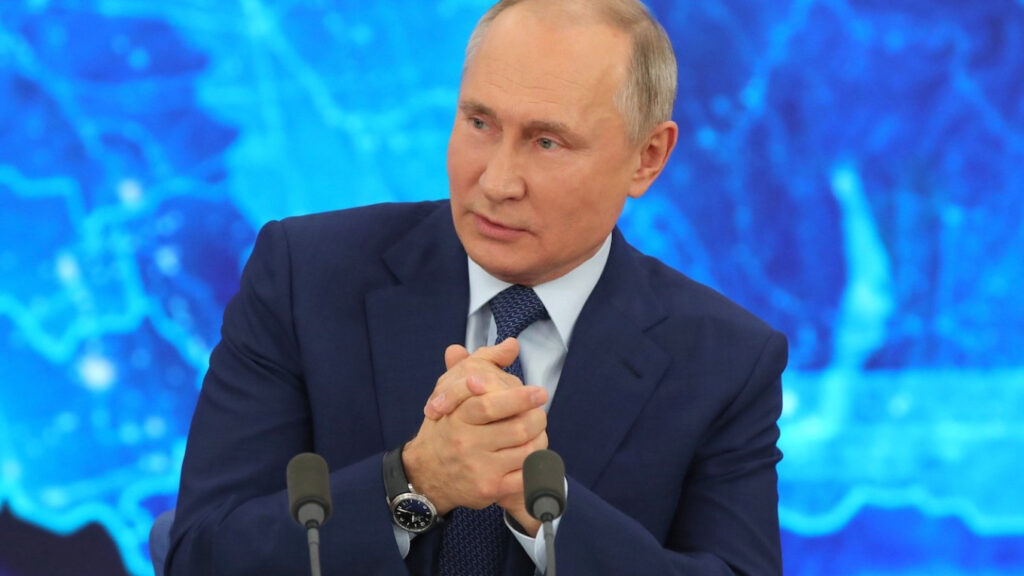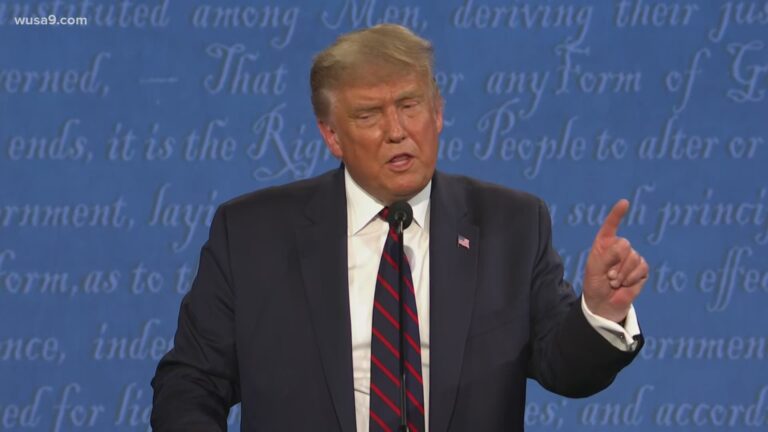
Jakarta-STRATEGIC ASSESSMENT. Center for Strategic and International Studies (CSIS) senior fellow researcher Rizal Sukma said on Monday that Indonesia must consider various scenarios against U.S. threats to boycott G20. For example, Indonesia needs to remind G20 member countries about the role of the forum; consider inviting Ukraine; or cancel the summit altogether.
A source close to Tempo at the Foreign Affairs Ministry recounted Indonesia’s efforts to reduce tensions among G20 member countries. They said Indonesia would lobby Russia so Putin will not attend the summit. “The problem is that the United States continues to press openly, and even push to include the Ukraine agenda in the discussion and ask for Ukraine to be invited as a guest,” they said.
Russian Ambassador to Indonesia Lyudmila Vorobieva in an interview with Tempo on Friday confirmed President Vladimir Putin’s initial plan to attend the G20 Summit in Bali in November 2022. Despite heavy opposition from the West, Vorobieva said Putin had affirmed his decision to visit Indonesia. Vorobieva said Russia appreciated Indonesia’s policy of defying Western pressure.
She said the G20 panel should focus on critical economic challenges such as post-pandemic recovery, boosting global health services, achieving a sustainable energy transition, and transforming the economy through digital technology. Vorobieva also questioned Western leaders’ demands that Ukraine be invited to the G20 summit.
In an interview, British Ambassador to Indonesia Owen Jenkins said there needs to be discussions about the Russo-Ukrainian conflict at the upcoming G20 summit, because it is the biggest issue currently happening in the world. However, there are also other important and crucial issues such as the recovery from the COVID-19 pandemic, energy transition, and digital transformation.
Ambassador Jenkins also said he understood the moral outrage felt by the allies of the United Kingdom, such as the United States, and understood the rejection of Putin’s presence at the upcoming G20 summit. Therefore, there must be a decision soon. In addition, the United Kingdom has also imposed strict sanctions, particularly economic sanctions against Russia, such as banning exports of some products to Russia and a new import tariff policy, to increase pressure on Russia.
U.S. Secretary of Treasury Janet Yellen during this week’s spring meeting of the IMF and World Bank in Washington, D.C. will try to avoid contact with Russian officials planning to attend some parts of the G20 events virtually. On Tuesday, Yellen will convene a panel of finance ministers, international development banks, and other agencies to talk about how they will use resources to address food insecurity.
This year’s gathering runs through Friday, and includes a mix of virtual and in-person events. According to a senior U.S. Treasury official, Russian finance officials are expected to attend several virtual meetings. He said Yellen would participate if a Russian minister was there for a session or two, but would not attend every session.
If President Jokowi had firmly condemned the Russian invasion of Ukraine from the start, Indonesia’s role as the host of G20 summit would not be as complicated. The U.S. threats to boycott the summit cannot be underestimated, and the situation could be worse if other Western countries follow.
Indonesia will be embarrassed if the G20 summit is attended by only a handful of leaders. President Jokowi chose to be pragmatic in his response to the conflict. Under the pretext of being neutral and carrying out a free and active foreign policy, Indonesia does not condemn Russia for the massacre of thousands of civilians in Ukraine.
As an anti-colonial country, Indonesia should side with Ukraine. Moreover, history records that the former Soviet country was the first to support Indonesia at the United Nations during its struggle for independence. Because of President Jokowi’s unclear attitude, Indonesia is sandwiched. As the G20 president, Indonesia should take a firmer position against Russia by condemning the invasion, because it is in line with our constitution, which rejects all forms of colonialism on Earth.
Saiful Mujani Research Consulting (SMRC) founder Saiful Mujani on Monday said there are more Indonesians who blame NATO than those who blame Russia for the Russia-Ukraine war. According to the survey, 23 percent of respondents believes that NATO member countries, such as the United States and the United Kingdom, are the masterminds of the conflict, while 17 percent blames Russia and 8 percent blames Ukraine.
The survey also found that 31 percent of respondents believes that Ukraine is free and has the right to form alliances with any country including NATO members, while 29 percent disagrees and 40 percent are unsure. According to the study, 43 percent of respondents wants the Indonesian government to adopt a neutral stance in the war and not side with either Ukraine or Russia, while 13 percent sides with Russia and 12 percent with Ukraine.







